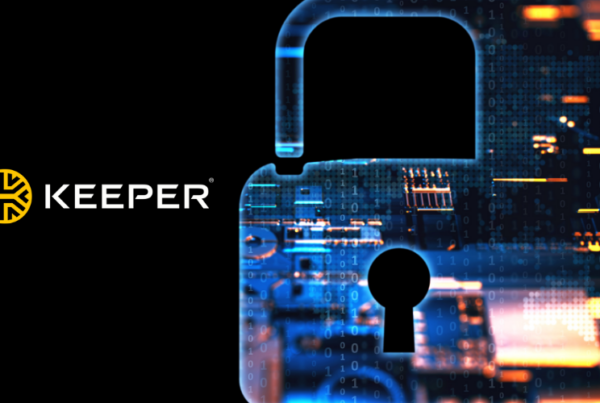Within the depths of the internet, criminals use secret networks to sell stolen data and illegal items. This mysterious realm is referred to as the dark web, and it is home to a thriving economy of cybercrime. Businesses must have a deep understanding of how cybercriminals make use of the dark web and implement solid dark web monitoring strategies to protect their important data.
How Cybercriminals Operate on the Dark Web
1. Stolen Data markets
Cybercriminals have set up markets where they can sell stolen data ranging from email addresses and passwords to Social Security numbers and bank account information. These platforms are the digital counterpart of a black market, where anyone with access can buy this information to commit identity theft, fraud, and other criminal acts.
2. Corporate Espionage and Ransomware
Some cybercriminals specialise in stealing sensitive business data, including intellectual property, customer databases, and financial data. They can sell this information to competitors or blackmail the company by demanding a ransom in exchange for not disclosing the data publicly.
3. Botnets and Exploit Kits
Cybercriminals not only trade data but also services. Botnets, or networks of compromised computers, can be rented for harmful reasons such as launching attacks on businesses. Exploit kits that target software vulnerabilities are also widely available, allowing less-skilled attackers to deploy malware or viruses.
4. Communication Platforms
Encrypted messaging platforms, forums, and chat groups enable thieves to discuss methods, share information, and plan attacks.
Why Does Dark Web Monitoring Matter?
The dark web, a hidden and unregulated portion of the internet, has evolved into a marketplace where hackers sell stolen company information such as credentials, intellectual property, and customer data. Dark web monitoring is crucial in this situation because it allows businesses to notice breaches early and respond promptly. Specifically, it helps businesses across the scenarios that are described below:
- Early breach identification is critical to minimise damage. Businesses can quickly detect data breaches by monitoring dark web marketplaces for compromised credentials and critical documents. Once notified, they can revoke access to compromised accounts, isolate systems, and notify impacted parties to change their passwords or enable multi-factor authentication, lowering the risk of fraud.
- Protecting intellectual property, such as trade secrets or unique technology, is also essential. Dark web monitoring enables businesses to identify leaks and take preventative measures to maintain their competitive edge.
- Another major concern is the reputational damage caused by data breaches. Monitoring allows for the fast detection and containment of breaches, lowering the repercussions and guaranteeing compliance with legislation like GDPR . This prompt response maintains consumer trust while minimising legal consequences.
- Strategic insights gained from dark web monitoring can help improve cybersecurity procedures. Understanding how hackers exploit weaknesses allows businesses to improve security processes and prevent future attacks.
- Furthermore, this monitoring aids in efficient incident response planning. By researching common attack patterns, companies can develop specific measures to limit harm and reduce downtime when breaches occur.
How Does Dark Web Monitoring Work?
- Automated Crawlers and Analysts: Dark web monitoring relies on automated software that searches for particular patterns including company domains, email addresses, or keywords by combing forums, markets, and channels of communication.
- Human Analysis: Cybersecurity specialists that analyse the gathered data to confirm the authenticity and significance of potential threats augment automated systems.
- Alerts and Remediation: Should stolen or compromised data be discovered, companies get notifications allowing them to act right away. This can call for updating security policies, resetting passwords, or informing clients and associates about a hack.
How Dark Web Monitoring Helps Businesses?
- Risk Reduction: By minimising the impact of data breaches and identifying compromised accounts early, businesses can significantly reduce their exposure to cyber risks.
- Cost Savings: Preventing cyber incidents or responding to them promptly translates to fewer financial losses from fraud, legal fees, and remediation efforts.
- Compliance and Trust: Ensuring that sensitive information remains secure helps businesses stay compliant with data privacy regulations and builds trust with customers.
- Strategic Insights: Dark web monitoring provides valuable insights into emerging threats and trends, allowing businesses to develop proactive security strategies.
Dark web monitoring provides a strategic advantage, helping businesses identify vulnerabilities, respond to emerging threats, and ensure the continued trust of their customers.
Protect your business from hidden threats of the Dark Web with Lucidica’s Dark Web Monitoring Service
Our comprehensive solution offers real-time notifications and practical insights while continuously searching the dark web for compromised credentials and private information related to your company. With proactive monitoring, you can keep one step ahead of criminals and protect your company’s critical data.







